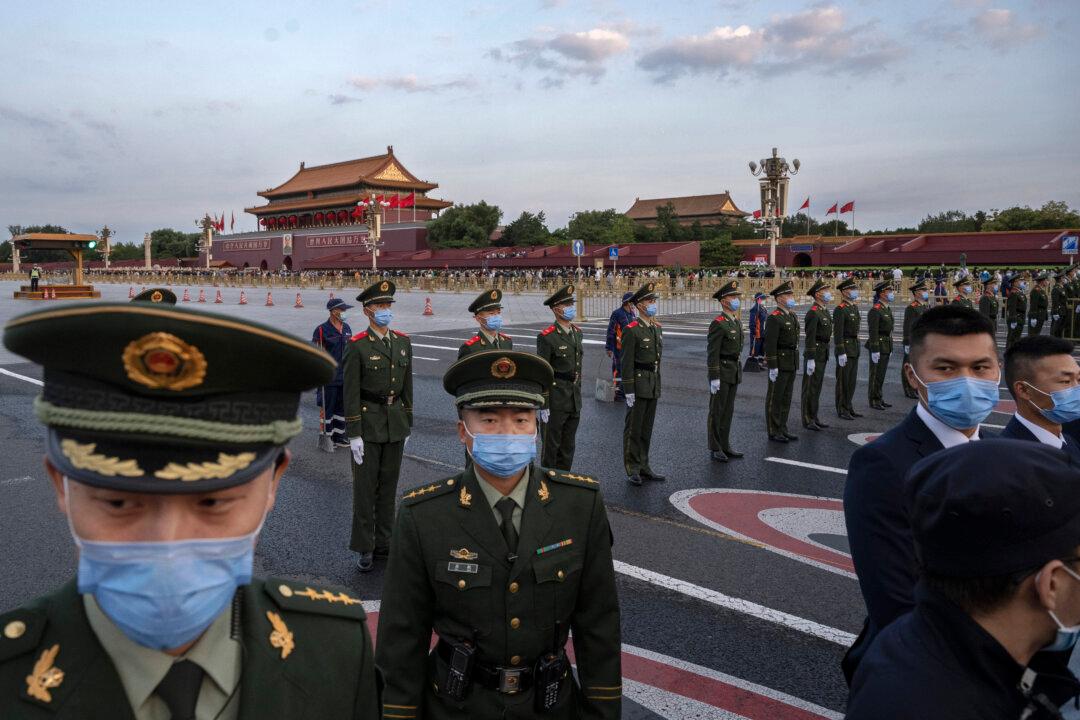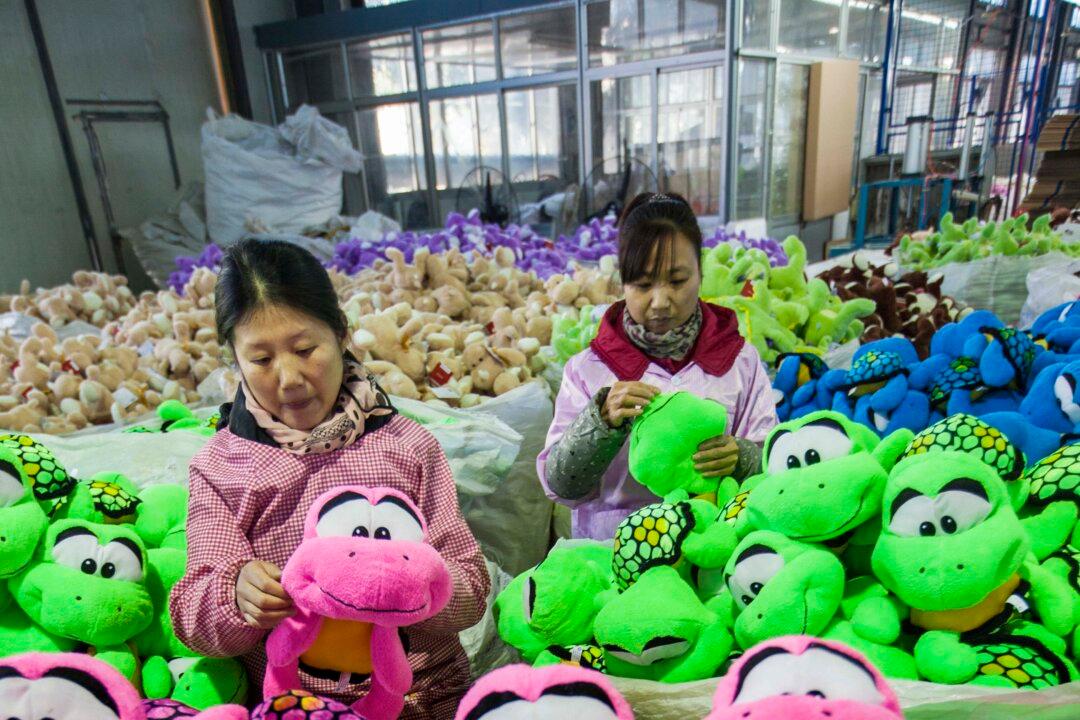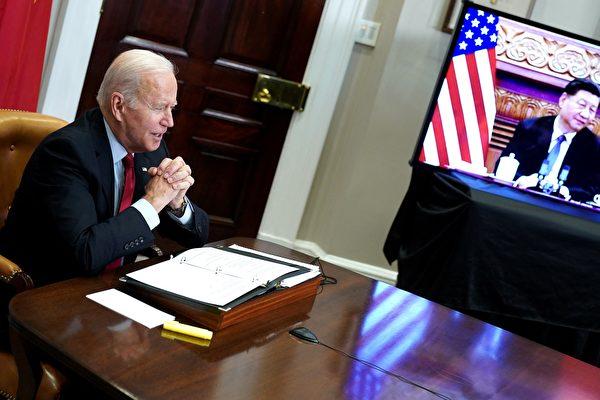China’s Ministry of State Security has threatened Chinese citizens that they could be “invited to tea” in ten situations it has defined. Political analysts see this as part of the Chinese Communist Party’s (CCP) efforts to further consolidate its power in response to a deepening crisis of its governance amid ongoing economic woes.
An “invitation to tea” is a Chinese Internet buzzword that refers to interrogations or investigations conducted into citizens by state security or public security forces.




